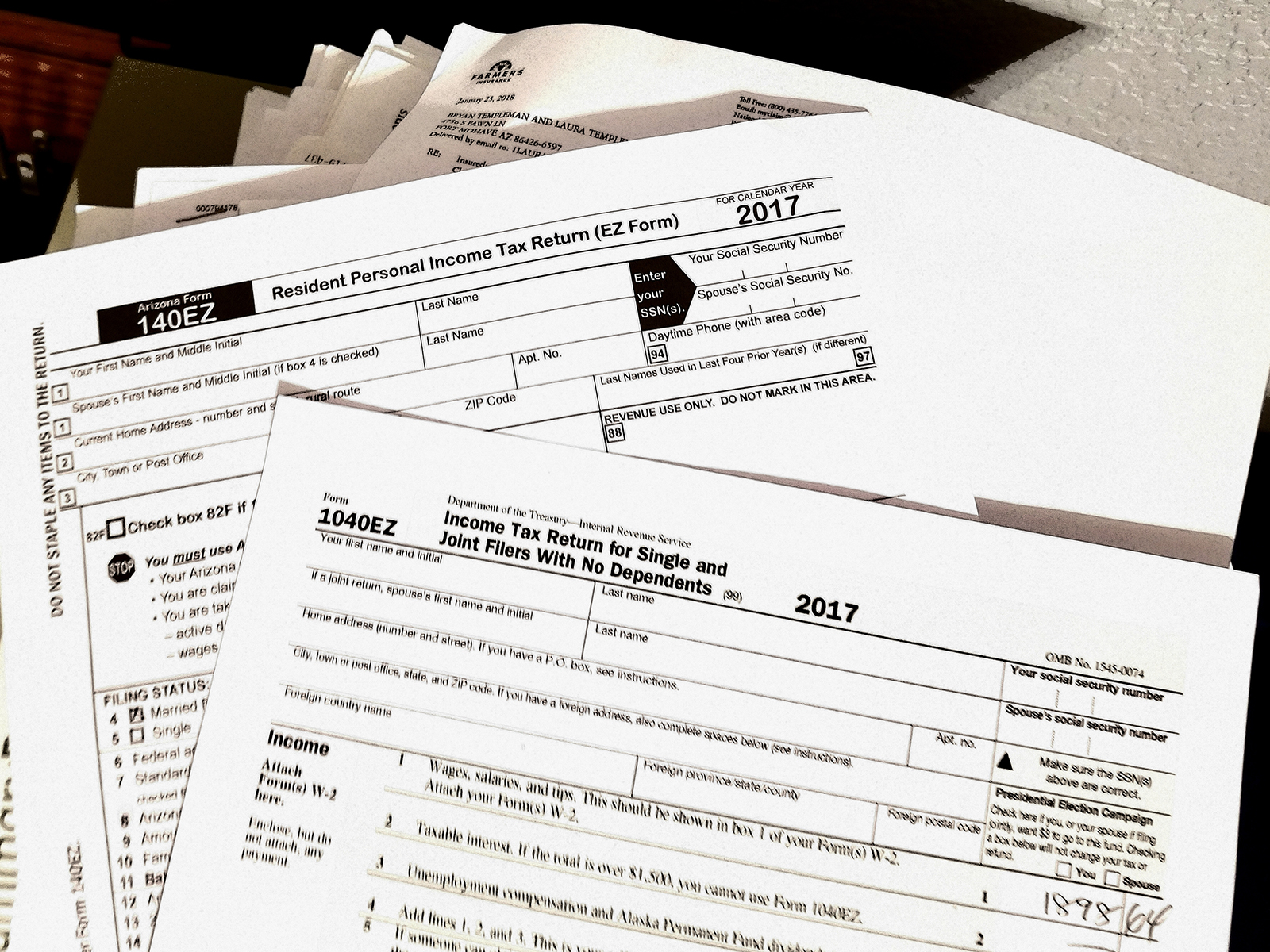Essential Definitions for Your American Company
Employer Identification Number (EIN): EIN is a nine-digit identification number issued by the IRS to businesses. It is required for tax returns, bank accounts, hiring employees, and official documents.
Individual Taxpayer Identification Number (ITIN): ITIN is an identification number issued by the IRS for tax purposes to individuals who do not have a social security number. It is used on tax returns for non-residents and foreign nationals who are taxpayers in the USA.
Sales Tax: A tax imposed by state and local governments on the sale of goods and services. It is collected at the point of sale and based on consumer spending.
State Income Tax: A tax imposed by state governments on the income of individuals and businesses. It is used to fund public services such as education, healthcare, and infrastructure.
Federal Tax: A tax imposed by the federal government on the income of individuals and businesses. It funds national defense, social security, healthcare, and public services.
Sales Tax ID: An identification number used by businesses to collect and remit sales tax to the state. It ensures businesses collect and report sales tax properly.
Resale Certificate: A document that allows businesses to purchase goods for resale without paying sales tax. It ensures goods bought for resale are tax-exempt.
D-U-N-S Number: A unique nine-digit number issued by Dun & Bradstreet used to track a business's credit information and commercial activities. It enhances a business's credibility in credit evaluations and commercial relationships.
Franchise Tax: A tax imposed by states on businesses based on their net income or capital. It is paid in exchange for the right to operate within the state.
Articles of Incorporation: The official document filed with the state government to establish a corporation. It includes the company name, purpose, shareholder structure, management structure, and other details.
Registered Agent: A person or entity designated to receive legal documents and official notices on behalf of the business. It is required in most states.
Certificate of Good Standing: A document confirming that a business complies with all state requirements. It is necessary for opening bank accounts, forming partnerships, or obtaining investments.
Operating Agreement: An agreement among LLC owners outlining the management structure, operations, and financial arrangements of the company. It regulates the internal affairs of the company and prevents disputes.
Corporate Bylaws: A document outlining the rules and procedures for managing a corporation. It governs the daily operations and management policies of the company.
Foreign Qualification: The process required for a business established in one state to legally operate in another state. It ensures the company can legally conduct business in other states.
Business License: A permit issued by local, state, or federal government authorizing a business to operate legally. It ensures the business is legally compliant.
Trademark: Legal protection for a business's name, logo, or symbols. Trademark registration protects the business's identity and reputation.
Patent: A legal document granting the owner exclusive rights to use, sell, or license a new invention for a certain period. It protects inventions and gives exclusive rights to the inventor.
Copyright: Legal protection granting the creator of original works the rights to use, reproduce, and distribute their work. It protects artistic works, music, writings, and other creative works.
Employer Withholding Tax: A tax that employers withhold from employees' wages and remit to the government, covering federal, state, and local taxes. It ensures employees meet their tax obligations.
Nexus: The sufficient physical or economic presence of a business in a state that creates a tax obligation. It determines where a business must pay taxes.
Business Structure: The legal and operational framework chosen by business owners, such as sole proprietorship, partnership, LLC, or corporation. It defines management, taxation, and legal responsibilities.
Business Credit Score: A scoring system that evaluates a business's financial health and creditworthiness. It is used for credit applications, commercial relationships, and investor confidence.
Trade Name: The name a business uses in commercial activities other than its legal name. It builds brand identity and is used in marketing.
Annual Franchise Tax Report: An annual report required by some states from companies detailing their financial status and operations. It ensures compliance with state laws and confirms the business is active.
Registered Office: The legal address where a company is registered and can receive legal documents. It ensures secure receipt of legal notices and documents.
Payroll Taxes: Taxes that employers withhold from employees' wages and remit to federal, state, and local governments. They cover social security, Medicare, and income tax obligations.
Business Plan: A detailed document outlining a business's goals, strategies, market analysis, and financial projections. It is used to attract investors, guide business direction, and secure financing.
Federal Tax ID: A unique identification number issued by the IRS for federal tax purposes. Also known as EIN, it is required for tax returns, bank transactions, and legal documents.
Excise Tax: A tax on the production, sale, or consumption of specific goods. It is typically imposed on items such as tobacco, alcohol, and fuel.
Business Insurance: Insurance policies that protect a business against various risks. It covers property loss, legal liabilities, and employee compensation.
Operating Capital: Financial resources required for the daily operations of a business. It covers purchases, payroll, and other operational expenses.
Net Income: The profit obtained after all expenses are deducted from total revenue. It evaluates the profitability and financial performance of the business.
Compliance: The process of ensuring a business meets all legal and regulatory requirements in its industry and jurisdiction. It prevents legal issues and protects the business's reputation.
Business Entity: A legally recognized business form, such as LLC, C Corporation, or S Corporation. It defines the business structure and legal responsibilities.
Double Taxation: The taxation of corporate earnings at both the corporate level and the shareholder level. It is relevant for C Corporations and is an important concept in tax planning.
Depreciation: An accounting method reflecting the decrease in value of business assets over time. It provides a tax advantage by allowing the assets' cost to be deducted.
Fiscal Year: A 12-month period used for accounting and financial reporting. It typically runs from January to December but can be a different period. It is used for financial analysis and reporting.
Gross Income: The total income from all sales or revenue sources before expenses are deducted. It evaluates the financial performance of the business.
Liability: The debts and financial obligations of a business. It assesses the financial condition and risks of the business.
Market Research: Research conducted to understand potential customer needs, market trends, and competition. It helps develop business strategies and identify opportunities.
Working Capital: Short-term financial resources necessary for the daily operations of a business. It assesses the liquidity and financial health of the business.
Articles of Organization: Official documents filed with the state to establish an LLC. It ensures the legal recognition of the LLC.
Payroll: The total compensation paid to employees, including wages, taxes, and deductions. It ensures accurate and timely payment of employee salaries.
Profit and Loss Statement: A financial statement showing income and expenses over a specific period. It evaluates the financial performance and profitability of the business.
Capital Gains Tax: A tax on profits from the sale of investments or assets. It ensures the taxation of investment gains.

